The field of finance is a dynamic landscape that continually evolves alongside economic shifts, technological advancements, and regulatory change. In this light, the Bachelor of Business Administration (BBA) in Accountancy, Taxation, and Audit stands out as a comprehensive educational framework that molds adept financial specialists. This article delves into the modern trends within financial education, particularly focusing on BBA programs, and how institutions like the Haldia Institute of Management are at the forefront of this transformation.
Adopting Innovative Technology in Financial Education
Fintech Integration in Curriculum
The surge of financial technology, or fintech, has revolutionized the way financial transactions are conducted. Recognizing this trend, business education, particularly BBA in Accountancy, has swiftly integrated fintech into its curricula. This includes teaching students about blockchain, cryptocurrencies, digital payments, and automation in financial processes.
A focus on big data and data analytics
Data is the new currency in the business world, and understanding how to interpret and leverage it has become crucial. Therefore, BBA programs now place a significant emphasis on data analytics and big data. These courses teach students how to analyze financial data, predict market trends, and make data-driven decisions.
The Growing Significance of Expertise
Focus on Taxation and Audit
As the financial landscape becomes more intricate, there is a growing demand for specialists in areas like taxation and audit. BBA programs are responding to this need by offering specialized courses that delve into the complexities of tax regulations, tax planning, and auditing practices.
Opportunities for Certification and Electives
The flexibility of BBA programs now allows students to tailor their education to their interests and career goals. Electives in niche areas of finance, coupled with opportunities to earn certifications, enhance the employability and expertise of BBA graduates.
The Haldia Institute of Management's Approach to Financial Education
Curriculum Innovation and Industry Partnerships
The Haldia Institute of Management stands as a prime example of an institution adapting to the evolving demands of financial education. With an innovative curriculum that incorporates the latest trends and technologies, the institute ensures its BBA students are industry-ready upon graduation.
Emphasize Soft Skills and Career Readiness
Beyond technical expertise, the Haldia Institute of Management emphasizes career readiness and the development of soft skills. Communication, critical thinking, and adaptability are just as important as financial acumen in today's business world.
Financial education in BBA programs is not just about mastering current trends; it's also about cultivating a forward-looking mindset. Students learn budgeting strategies that consider future market shifts, technological changes, and potential financial crises.
The financial sector's rapid evolution necessitates a commitment to continuous learning. BBA programs instill the importance of staying updated on industry developments, encouraging graduates to pursue further education, professional development courses, and certifications throughout their careers.
As exemplified by the Haldia Institute of Management, modern trends in business education are shaping well-equipped, adaptable, and conscientious individuals ready to make their mark in the world of finance. The journey through BBA in Accountancy, Taxation, and Audit is not just an academic endeavor; it is a pathway to becoming an integral part of the ever-changing tapestry of global finance. Contact us for more information.
